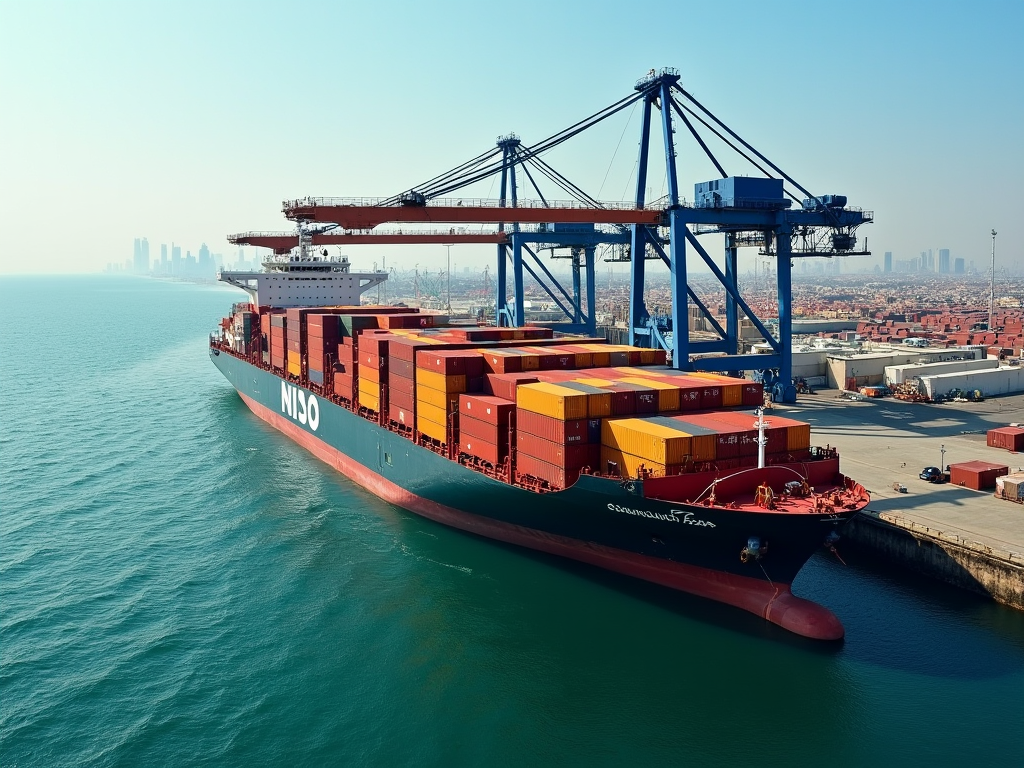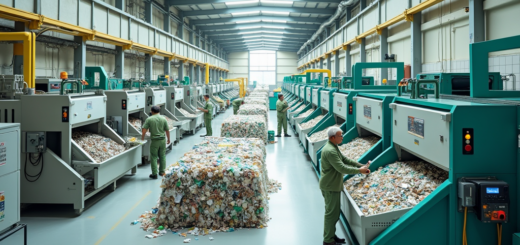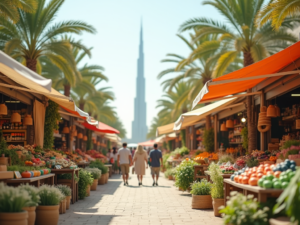Logistics Companies in Dubai: Guide to Success and Growth
Logistics companies in Dubai play a crucial role in the city’s booming economy, serving as a nexus for trade, shipping, and supply chain solutions. The strategic geographical position of Dubai, coupled with its advanced infrastructure, makes it an ideal hub for logistics operations. This article provides an in-depth guide to understanding how logistics companies in Dubai can achieve success and foster growth, exploring market trends, key services, and beneficial strategies for expansion.
Understanding the Logistics Landscape in Dubai

The logistics landscape in Dubai is characterized by a diverse range of services that cater to various industries, from retail and e-commerce to manufacturing and healthcare. The city boasts world-class infrastructure, including state-of-the-art ports, airports, and road networks, which are essential for efficient logistics operations. Additionally, the rapid growth of international trade and tourism enhances the demand for logistics services.
Key elements that define the logistics industry in Dubai include:
- Strategic Location: Dubai’s proximity to major global markets creates a significant advantage for logistics companies.
- Economic Free Zones: Numerous free zones provide incentives for logistics businesses, such as 100% foreign ownership.
- Advanced Technology: Adoption of cutting-edge technology, including AI and automation, streamlines operations and improves efficiency.
- Skilled Workforce: Access to a highly skilled workforce enables companies to maintain high service standards.
- Diverse Service Offerings: The logistics sector encompasses warehousing, transportation, freight forwarding, and supply chain management.
Key Services Offered by Logistics Companies in Dubai
Logistics companies in Dubai provide a wide range of services that are integral to the supply chain management process. These services help businesses reduce costs and improve efficiency in their operations. Understanding these services is essential for companies looking to partner or engage with logistics providers effectively.
Primary services offered include:
- Freight Forwarding: Managing the transportation of goods from one location to another, including customs clearance and documentation.
- Warehousing Solutions: Offering storage facilities equipped with modern technologies to safeguard goods and enable easy inventory management.
- Transportation Services: Facilitating the movement of goods via road, sea, or air, and optimizing routes to reduce costs and delivery times.
- Supply Chain Management: Coordinating and optimizing all aspects of the supply chain, from procurement to distribution.
- Logistics Consulting: Providing expert advice to businesses on improving their logistics operations and best practices.
Strategies for Success and Growth in Dubai’s Logistics Sector
To thrive in the competitive landscape of logistics in Dubai, companies must implement strategic practices that promote growth and efficiency. Identifying the right strategies can result in increased customer satisfaction, better profitability, and a stronger market position.
Here are some effective strategies for success in this sector:
- Leveraging Technology: Embrace innovative technologies such as AI, IoT, and data analytics to enhance operational efficiency and decision-making.
- Building Strong Partnerships: Collaborate with local and international stakeholders to create a robust supply chain network.
- Diversifying Service Offerings: Expand services to meet the evolving needs of customers, such as offering temperature-controlled logistics for perishables.
- Focus on Sustainability: Implement eco-friendly practices to reduce carbon footprints and appeal to environmentally conscious clients.
- Training and Development: Invest in the workforce by providing ongoing training and development programs to keep skills current with industry trends.
The future of logistics in Dubai is bright, with numerous opportunities for growth fueled by technological advancements and regional developments. The government’s commitment to enhancing the logistics sector through infrastructure investments is likely to bolster the industry’s trajectory. Potential trends expected to shape the future of logistics in Dubai include:
- Automation: Increased use of drones and autonomous vehicles for delivery and operations.
- Blockchain Technology: Introducing blockchain for improved transparency and security in supply chain transactions.
- Enhanced E-commerce Logistics: Scaling logistics solutions to meet the growing demands of e-commerce.
- Pressure on Sustainability: Heightened focus on sustainable practices by consumers and companies alike.
- Regional Integration: Strengthened trade agreements within the Gulf Cooperation Council (GCC) to promote logistics collaboration.
Conclusion
Logistics companies in Dubai are poised for success and growth by capitalizing on the city’s strategic advantages, offering a variety of essential services, and implementing effective strategies. As the logistics landscape continues to evolve, businesses that adapt to changes in technology and consumer demands will emerge as leaders in the sector. Embracing a proactive approach and keeping abreast of industry trends is vital for companies aiming to secure their position as key players in Dubai’s dynamic logistics environment.
Frequently Asked Questions
1. What makes Dubai a logistics hub?
Dubai’s strategic location, advanced infrastructure, and supportive economic policies make it an ideal logistics hub for companies looking to operate in the Middle East and beyond.
2. What types of logistics services are available in Dubai?
Logistics services in Dubai include freight forwarding, warehousing, transportation, supply chain management, and logistics consulting.
3. How do logistics companies ensure efficiency?
Logistics companies utilize technology, optimize routes, maintain strong partnerships, and focus on workforce training to ensure efficiency in their operations.
4. Are there specific regulations to consider when operating in Dubai’s logistics sector?
Yes, companies must adhere to local laws, customs regulations, and industry-specific guidelines to operate legally and effectively within Dubai’s logistics sector.
5. What future trends should logistics companies in Dubai be aware of?
Trends include increased automation, the adoption of blockchain, enhanced e-commerce logistics, sustainability efforts, and regional integration with trade agreements.







